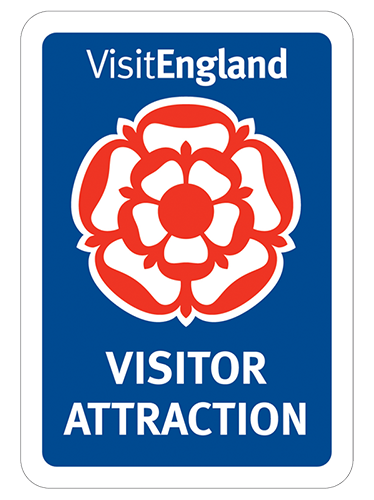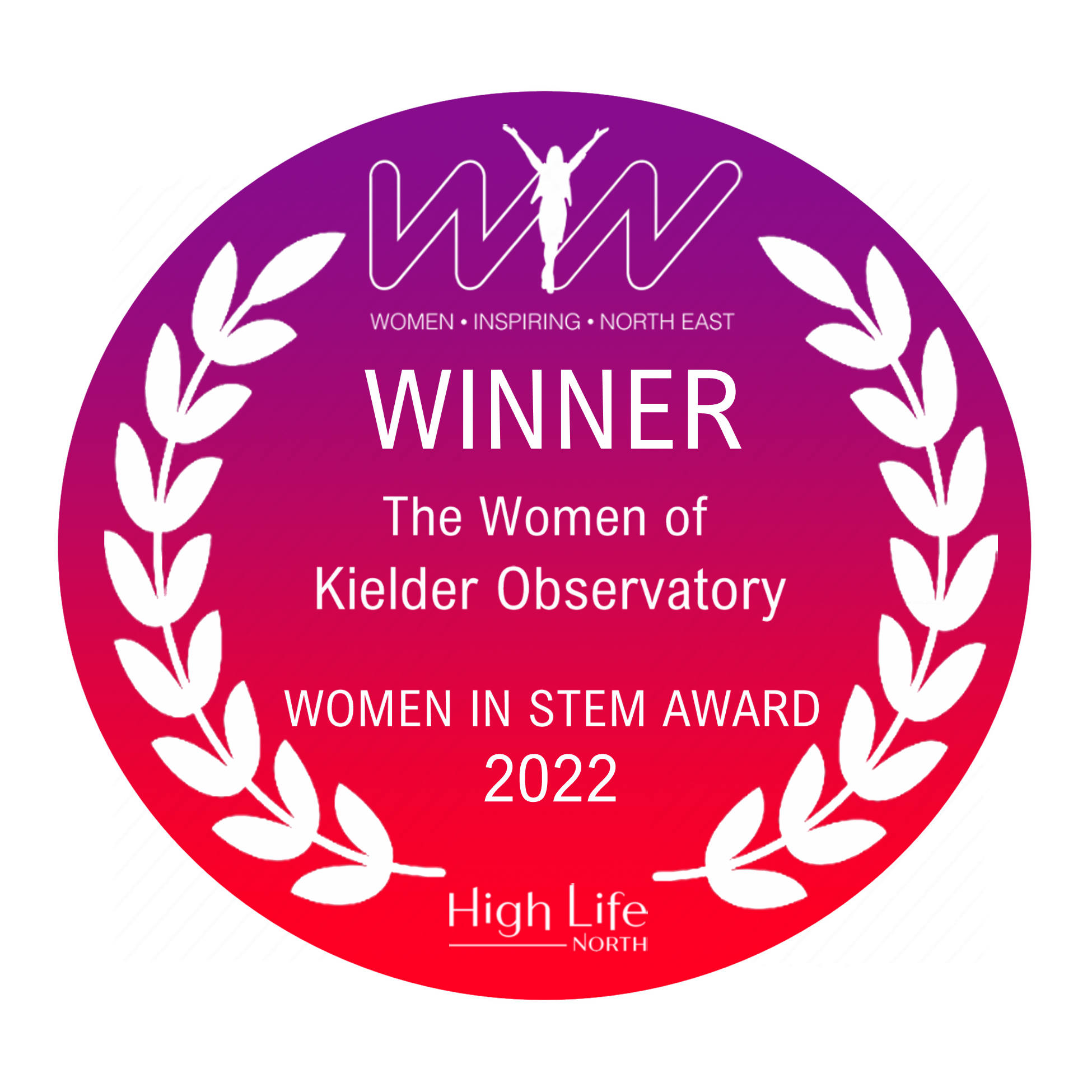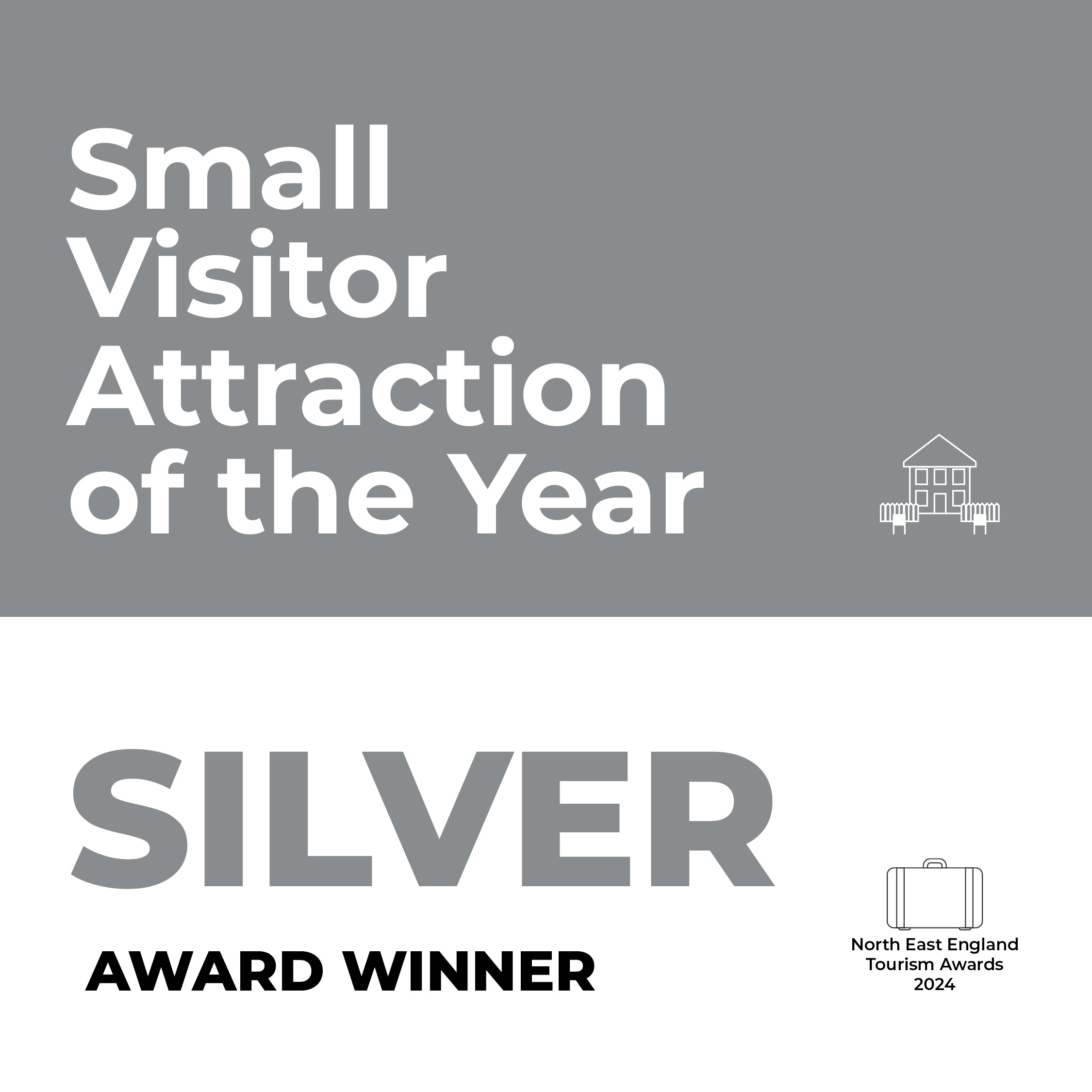Aurora Night
Our most popular event... the Northern Lights! What are they? How do we see them? The Aurora Borealis have influenced fairy tales and folklore for millennia, shaped communities and religious beliefs, provided civilisations with incredible stories of gallant valour and past spirits.
The theme of the presentation this evening will integrate the Aurora and the fascinating scientific facts that explain it. We will explore how science has studied and discovered the processes that create the beautiful dancing Northern Lights. Learn about the incredible energy that the sun releases second by second and how this energy interacts with the Earth’s atmosphere to give us a light show like no other. Tonight you will learn not only the science behind the Aurora but also the best locations to try to spot them, so when your event is over you will be proficient in knowing when and where to look for these legendary dancing lights on the special nights they visit the UK.
The Aurora is an elusive and rare phenomenon as far south as England so we can't tell you when it will be visible from the observatory, but we do get a great view from our dark position on top of Black Fell for those guests who are lucky enough to be visiting us when they appear in our skies! And if you do miss them, we'll tell you everything you need to know about how to track them down in the future.
During the event you will enjoy a tour of the Observatory, see the telescopes and meet our team of passionate astronomers. The team will be on hand to answer all your questions and to help you use our telescopes to observe a range of objects including, craters on the moon, distant galaxies, nebulae or star clusters depending on weather conditions. You can also join us on our observation deck and gaze at the dark skies and maybe even the Milky Way, all from one of Europe's darkest locations.
During the lighter summer nights we lose the darkness so we turn our attention to the brighter objects that are visible, such as craters on the moon, star clusters and atmospheric phenomena like night shining clouds, known as noctilucent clouds.
Although star-gazing is the priority on all our events, we can only observe during clear skies, so our aim is to deliver a fantastic experience whatever the weather with the help of our team of experienced and passionate astronomers.

















